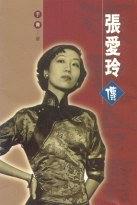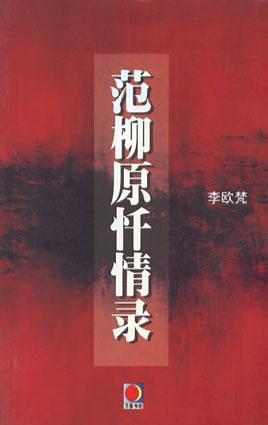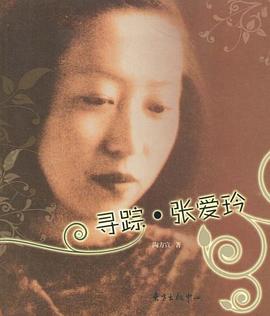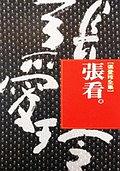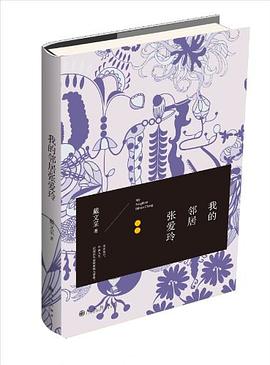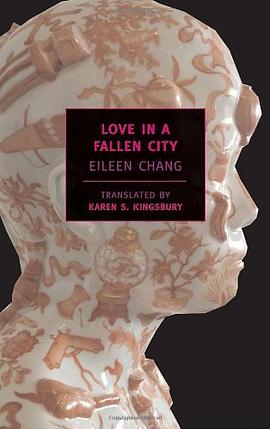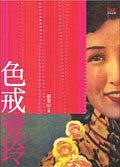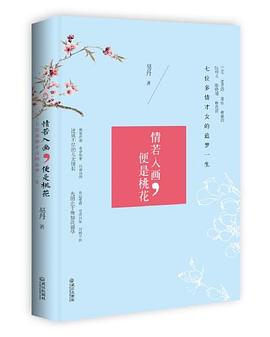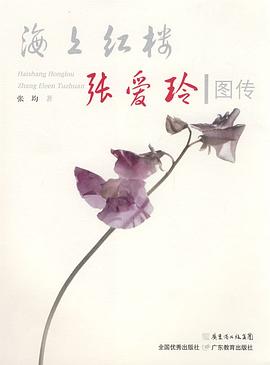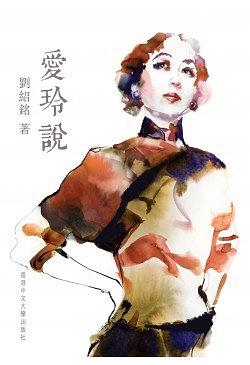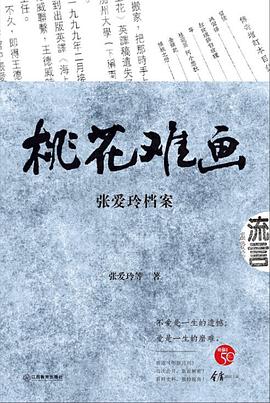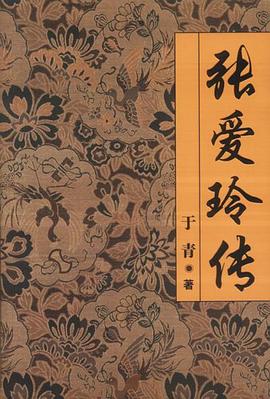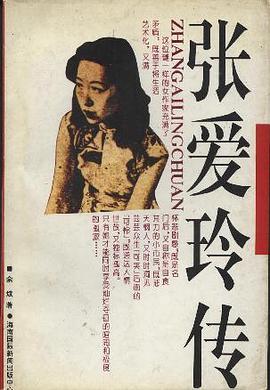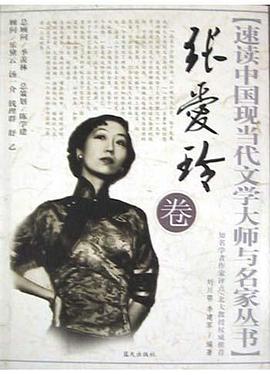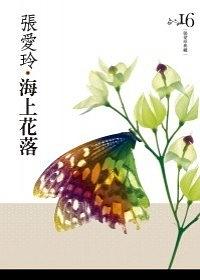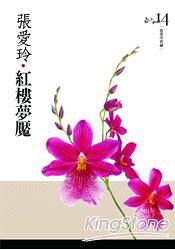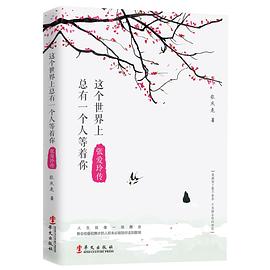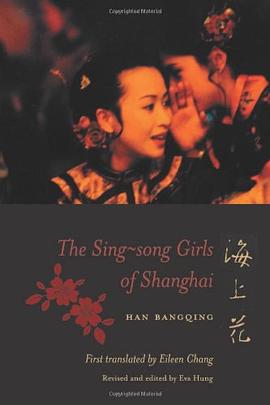

Desire, virtue, courtesans (also known as sing-song girls), and the denizens of Shanghai's pleasure quarters are just some of the elements that constitute Han Bangqing's extraordinary novel of late imperial China. Han's richly textured, panoramic view of late-nineteenth-century Shanghai follows a range of characters from beautiful sing-song girls to lower-class prostitutes and from men in positions of social authority to criminals and ambitious young men recently arrived from the country. Considered one of the greatest works of Chinese fiction, The Sing-song Girls of Shanghai is now available for the first time in English. Neither sentimental nor sensationalistic in its portrayal of courtesans and their male patrons, Han's work inquires into the moral and psychological consequences of desire. Han, himself a frequent habitue of Shanghai brothels, reveals a world populated by lonely souls who seek consolation amid the pleasures and decadence of Shanghai's demimonde. He describes the romantic games played by sing-song girls to lure men, as well as the tragic consequences faced by those who unexpectedly fall in love with their customers. Han also tells the stories of male patrons who find themselves emotionally trapped between desire and their sense of propriety. First published in 1892, and made into a film by Hou Hsiao-hsien in 1998, The Sing-song Girls of Shanghai is recognized as a pioneering work of Chinese fiction in its use of psychological realism and its infusion of modernist sensibilities into the traditional genre of courtesan fiction. The novel's stature has grown with the recent discovery of Eileen Chang's previously unknown translation, which was unearthed among her papers at the University of Southern California. Chang, who lived in Shanghai until 1956 when she moved to California and began to write in English, is one of the most acclaimed Chinese writers of the twentieth century.
具体描述
读后感
1.1《海上奇书》与作者例言 帘月窥人,梦魂惯得无拘检;芸窗辟蠹,正为风流始读书。 民国九年,蒋瑞藻的《小说考证》卷八引《谭瀛室笔记》,说:“专写妓院情形之书以《海上花》为第一发见。” 而《海上花列传》,这部成书于1894年光绪甲午孟春的古典小说,第一回开篇便直接点...
评分读《海上花》,不出俗套还是从张爱玲的那一线引来。看了惊异之下,竟觉得比《红楼梦》还要好。就好比一个是唱的牡丹亭,一个是演的长生殿。良辰美景听多了,顿时一脸冷水浸下来,一句“妃子呀”倒有讲不出的沉闷和哀苦。又看了张爱玲翻译的国语版《海上花开》及《海上花落》,...
评分为应付高考五分的诗词鉴赏,从高二起我便抱着唐诗宋词大辞典,每天定归读至少一首诗一阙词。出发点是庸俗和功利了些,晚则晚矣,所幸从此逐步转入古典世界后花园,柳暗花明,流连忘返。那可能是我所能回忆出的最踏实的日子,生活载浮载沉,不管什么人总须见见,无论什么书总能...
评分在《海上花列传》中,其实帮衬的地位如名士名妓同样重要。书中帮衬的代表人物是洪善卿。洪善卿是个性格复杂的人物,他是商人,又是帮闲。为了生意的需要,他到妓院随嫖客奔波,为其做掮客,但从内心并不认同妓院生活,因此在名士们花天酒地酩酊大醉时,他能保持清醒,在沈小红...
评分在《海上花列传》中,其实帮衬的地位如名士名妓同样重要。书中帮衬的代表人物是洪善卿。洪善卿是个性格复杂的人物,他是商人,又是帮闲。为了生意的需要,他到妓院随嫖客奔波,为其做掮客,但从内心并不认同妓院生活,因此在名士们花天酒地酩酊大醉时,他能保持清醒,在沈小红...
用户评价
好看~封面特别好看~
评分好看~封面特别好看~
评分广图借的厚厚的英文版,假期每晚睡前看一点,已成习惯,上学之后再难进行下去,每次隔久难pick up 有点看红楼梦感觉。看看书评,想找中文版。
评分广图借的厚厚的英文版,假期每晚睡前看一点,已成习惯,上学之后再难进行下去,每次隔久难pick up 有点看红楼梦感觉。看看书评,想找中文版。
评分广图借的厚厚的英文版,假期每晚睡前看一点,已成习惯,上学之后再难进行下去,每次隔久难pick up 有点看红楼梦感觉。看看书评,想找中文版。
相关图书
本站所有内容均为互联网搜索引擎提供的公开搜索信息,本站不存储任何数据与内容,任何内容与数据均与本站无关,如有需要请联系相关搜索引擎包括但不限于百度,google,bing,sogou 等
© 2025 book.wenda123.org All Rights Reserved. 图书目录大全 版权所有

